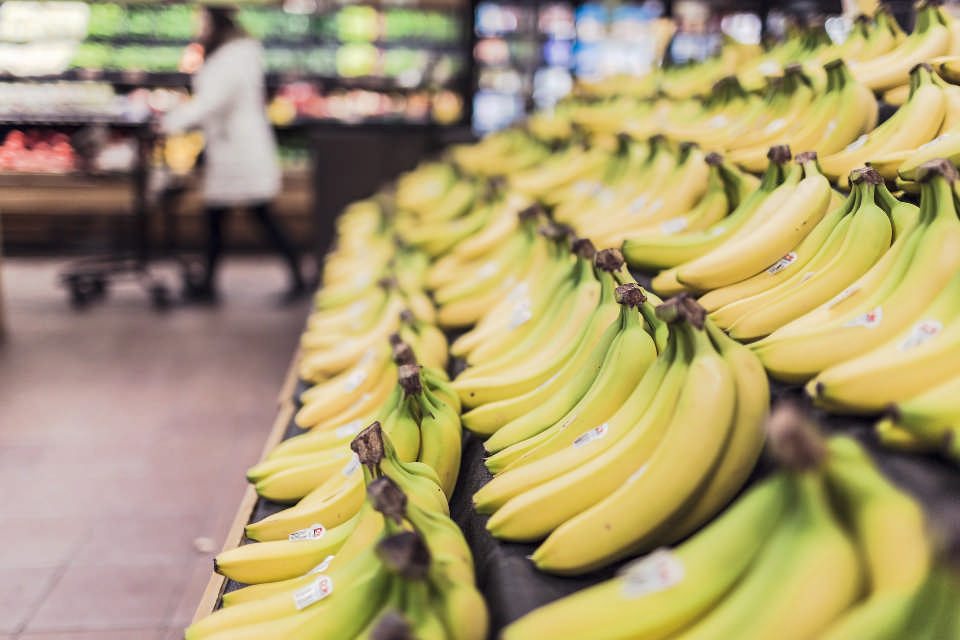It is important to note that quantitatively, recyclable paper and cardboard comprised between 41-68% of the total waste quantities generated during the study. There was a substantial difference in the quantity of this waste type generated at the California stores surveyed versus the eastern stores, with the latter accumulating between 36 and 81 lbs. more cardboard per $1,000 of gross sales. This is why Lincoln Waste feels that every location is unique and we must complete a thorough was audit before we negotiate with competitive haulers.
Many stores employ stationary compactor systems, some used baler systems, some incinerator systems, some used a rolloff container system and one employed a pre-processing system. There are many different ways to handle your recycling and trash but the key is how to ensure that you are doing it I the most economical manner? Our detailed cost analyses are made of the existing waste management systems in each store. This information together with waste hauling costs, space costs, and revenue received from recyclable materials is then assembled to ascertain total costs for each location.
Once we have completed the audit we will guarantee you, in writing, a minimum of a 10% savings over your previous year’s waste spend. Waste disposal represents a significant and growing business cost for the supermarket industry, particularly in locations where tipping fees range from $95 to $110 per ton. We know that as a retail sector, supermarkets operate on very slim profit margins. Since between 75 and 85 percent of the waste they generate is compostable or recyclable, sending their organics to large-scale composting operations or to farms for animal feed is a money-saving alternative to disposal, not to mention better for the environment.
We know that with our minimum ten percent savings we can save you at least $3,000 to $20,000 per location per year in disposal costs. Every penny we save, we share with you and we give you access to the hauler invoices so you can see what we are paying. The more we save, the more you save. Lincoln Waste Solutions helps boost your store’s diversion rates and green image with an easy-to-use recycling program managed by your own account manager. You will never talk with a hauler again, one call for all of your locations.
Utilizing the economies of scale with solid waste hauling, Lincoln Waste Solutions delivers a customized waste pickup plan that revolves around your locations. Efficient C&D Recycling, where we will split the profits we will save you when ordering a roll-off or a dumpster, whenever you need to remodel, renovate or retool your restaurants, we will help you recoup a portion of your costs with smart C&D materials recycling.



